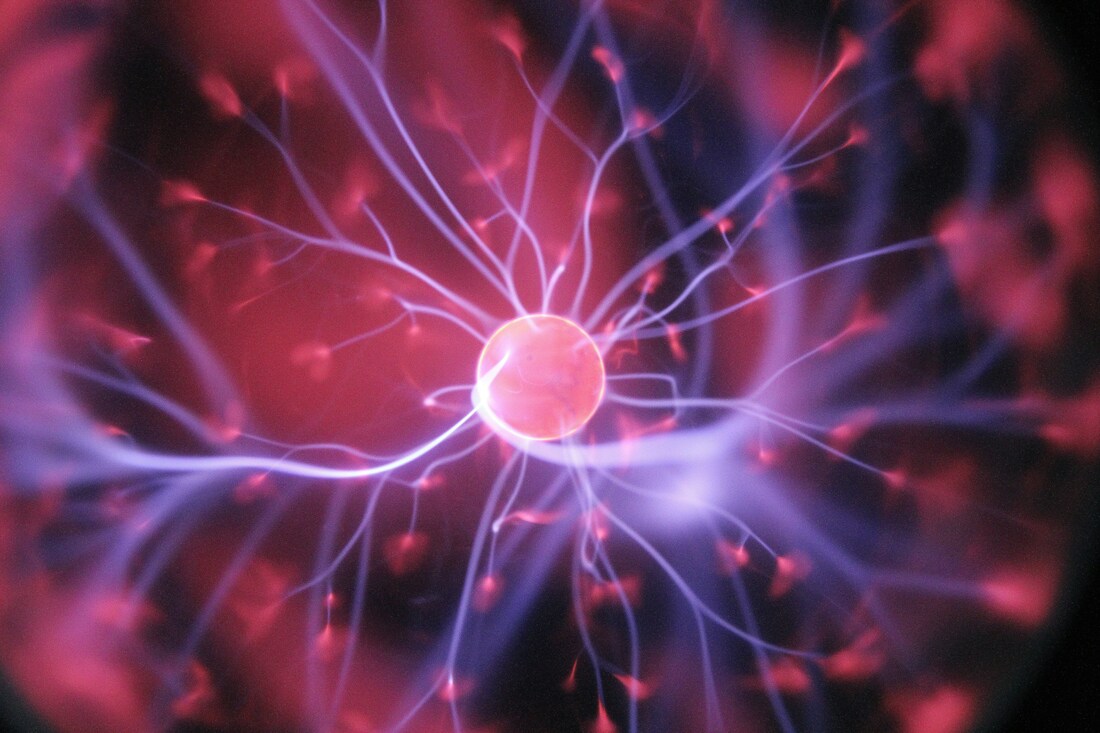|
By A.S. Thiollier The mind is a powerful organ. But of course, we all know that. What you may not know is that the mind is so powerful that it can trick your own body into thinking that you have received painkillers that were never administered. So powerful that it is able to cure itself of depression without any antidepressants or medication. And, until very recently, doctors didn’t know that either.
A placebo is roughly defined as sham medicine, a pill that cannot have any attribution to the improvement of those who take it. Until recently, placebos were used in studies to test the effectiveness of real medications. Half the participants would receive the medication, and the other half unknowingly receive the fake pill. In these studies, if both groups had the same reaction to the medication, it was considered a failure, even if the response was positive. However, more and more studies have proved that placebos can work as a replacement for real medication with equally effective results. More recently, experts have concluded that the positive effects resulting from placebos do not mean that real medications are not working, but instead that another, natural mechanism may be causing the improvements. Currently, the placebo cure rate ranges from 15%-72%, all occurring only from the mind’s reaction to being medicated. If one were to take pain medicine for migraines, your mind connects the act of taking medication with feeling better, so the action of taking a placebo pill has been proven to cause a therapeutic benefit. This is related to reactions including the production of feel-good neurotransmitters – endorphins and dopamine – and the heightened activity in regions of the brain that are related to emotional reactions, self-awareness, and moods. However, the placebo treatment is not a cure, it can only improve how you are feeling, for example, the sensitivity of pain. Placebos “have been shown to be most effective for conditions like pain management, stress-related insomnia, and cancer treatment side effects like fatigue and nausea” according to Ted Kaptchuk, a professor studying the placebo effect. But what about if you know it is a placebo? If you know that it’s fake? In Kaptchuck’s study, three groups were assessed on their reactions to different treatments for migraines. The first group received no treatment, the second a migraine pill labelled with the name of the drug, the last a fake pill labelled placebo. Surprisingly, despite the patients being aware that the placebo was not a real drug, the placebo was 50% as effective as the migraine drug in reducing the pain caused by a migraine attack. Besides taking fake medication, the placebo effect has other applications that can be significant in your everyday life. When a test is approaching and you need to study, your mind may immediately connect this thought with your becoming stressed out. Each time this happens, the same response of stress occurs due to habit, even if you do not necessarily need to be feeling that way. If you take the time to step back and become aware of the fact that this stress is unnecessary, you have the power to redirect this immediate reaction to be less difficult for you. The key to the placebo effect is positive thinking and determination. You have the chance to command your mind to help you go through life as easily as possible.
0 Comments
Leave a Reply. |
Categories
All
Archives
June 2024
|

